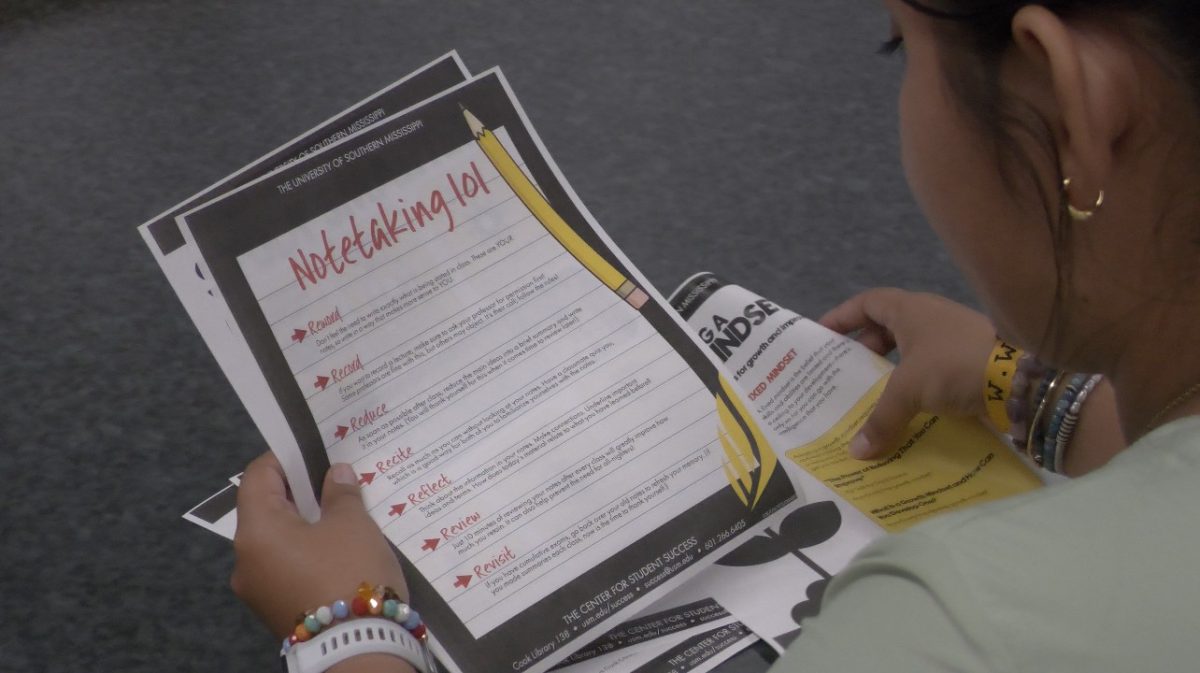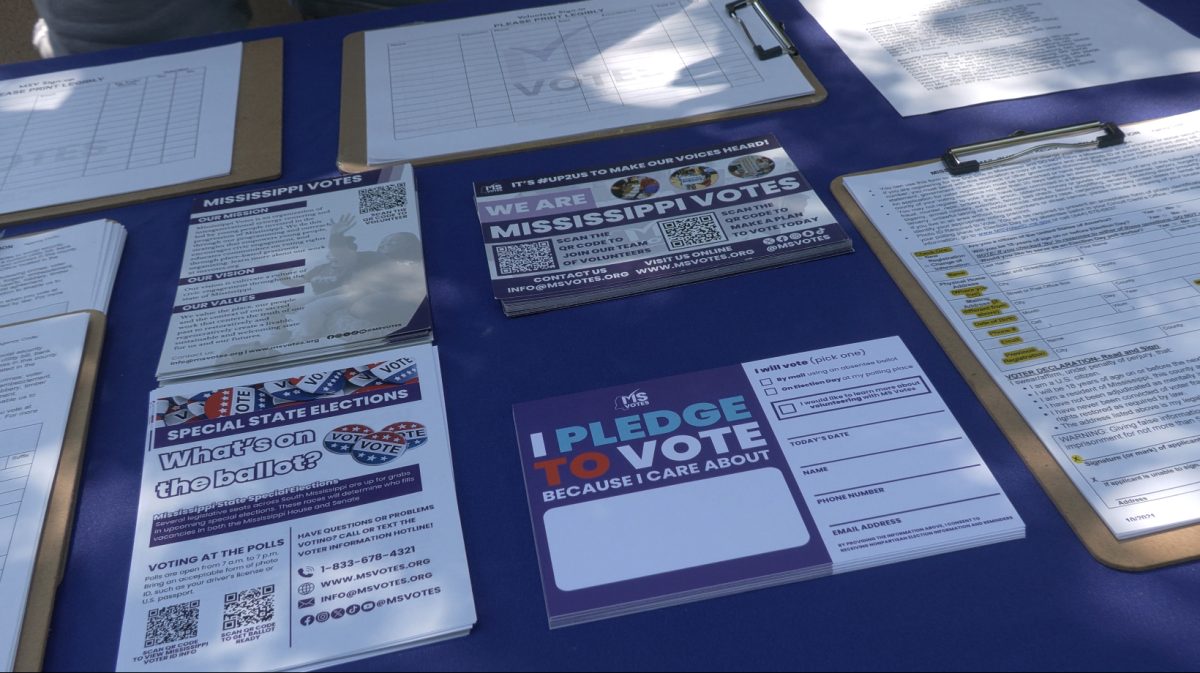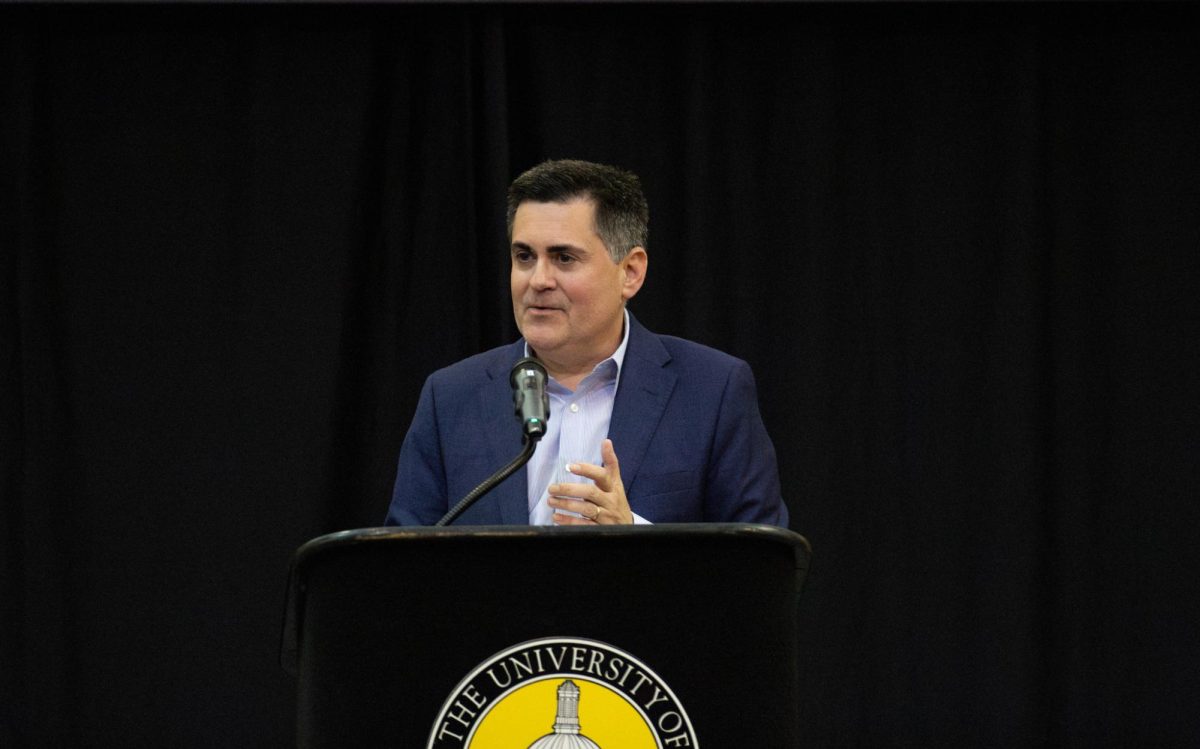The University of Southern Mississippi Student Government Association is working to implement new legislation that will affect several aspects of campus life.
These resolutions include a smoking initiative to make the Southern Miss campus smoke-free, a partnership with Hub City Transit to provide better bus service to students and a revision to dead week policies to relieve students of some of the stresses of the end of the semester.
The smoking initiative, which passed through the Senate last semester, according to SGA Senator and sophomore communication studies major Lakelyn Taylor, will be taken to a referendum vote this March during SGA elections.
If passed, the initiative will make the USM campus a smoke-free environment like many other universities within the state.
“The smoking initiative will make the campus environment healthier and help us be more competitive in attracting students with the same policies as those of other schools in the state,” said Rachael Reeves, another senator and a sophomore political science and dietetics double major.
According to the official blog of the United States Department of Education (DOE), universities and colleges across the country are implementing similar policies.
“Today more than 1,159 university and college campuses have implemented tobacco or smoke-free policies, reflecting exponential growth,” according to the DOE blog.
The legislation would still allow chewing tobacco on campus, but all forms of tobacco smoke and e-cigarettes would be prohibited.
The other two pieces of legislation, the Hub City Transit system and dead week, are currently either in progress or under revision.
Taylor said the ultimate goal of the transit system is to place an effective bus stop near the parking garage in order to encourage greater sustainability, as well as provide a convenient service.
The dead week policy, which passed through Senate but failed to address some key interests, would be intended to help students focus on tests instead of major projects or papers the week before finals week.
These pieces of legislation came as a result of student complaint and concern.
“Overall, these specific pieces of legislation were considered because a certain senator or group of senators saw a need on campus and decided to address it diplomatically,” Taylor said.
“We heard from students (about the problems), as well as being students ourselves,” Reeves said regarding the inspiration for the legislation.
Taylor and Reeves both said each piece of legislation intended to benefit students of the USM community.
“I think all of these pieces of legislation will benefit the students of USM in one way or another,” Taylor said.
However, senators also encourage students to make their voices heard by voting, presenting ideas for change to senators and running in the upcoming Senate elections.
SGA is still unsure as to when these policies will be put into full effect.































